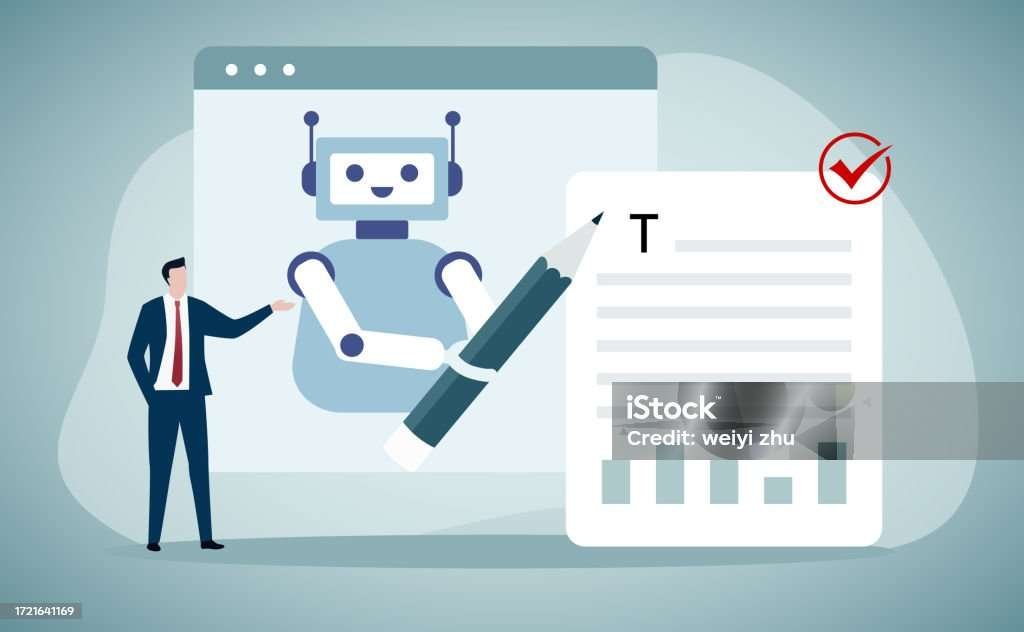15 Essential AI Tools That Will Transform Your Small Business in 2025
Small businesses today face an unprecedented opportunity to level the playing field with enterprise competitors through artificial intelligence. What once required massive budgets and technical teams is now accessible through user-friendly AI tools designed specifically for small business needs. From automating customer service to optimizing marketing campaigns, AI is no longer a luxury—it’s becoming essential for business survival and growth.
According to recent studies, small businesses using AI tools report 40% faster growth rates and 25% higher profit margins compared to those that don’t. The key is knowing which tools to implement and how to use them effectively without overwhelming your team or budget.
Customer Service & Communication
1. Chatbots and Virtual Assistants
Modern AI chatbots have evolved far beyond simple FAQ responses. Tools like Intercom, Drift, and ChatGPT-powered solutions can handle complex customer inquiries, schedule appointments, and even process orders. These systems work 24/7, reducing response times from hours to seconds while freeing up your team for high-value tasks.
Implementation tip: Start with common customer questions and gradually expand your chatbot’s capabilities based on real conversation data.
2. Email Management and Response
AI-powered email tools like Boomerang and SaneBox automatically prioritize important messages, schedule sends for optimal timing, and even draft responses based on your communication style. For small business owners drowning in emails, these tools can reclaim hours of productivity daily.
3. Social Media Management
Platforms like Hootsuite Insights and Sprout Social use AI to analyze social media performance, suggest optimal posting times, and even generate content ideas based on trending topics in your industry. The AI can identify which posts drive the most engagement and replicate successful patterns.
Marketing and Sales Automation
4. Content Creation and Copywriting
AI writing assistants such as Jasper, Copy.ai, and Writesonic can generate blog posts, social media content, email campaigns, and advertising copy in minutes rather than hours. While human oversight remains crucial, these tools can overcome writer’s block and maintain consistent content output.
The key to success with AI writing tools is providing detailed prompts and editing the output to match your brand voice. Think of AI as your writing assistant, not your replacement.
5. Ad Campaign Optimization
Google Ads and Facebook Ads now include sophisticated AI features that automatically adjust bidding, target audiences, and even create ad variations. Small businesses can compete with larger companies by leveraging these built-in AI capabilities without needing dedicated marketing teams.
6. Lead Scoring and Customer Insights
CRM platforms like HubSpot and Salesforce integrate AI to score leads automatically, predict which prospects are most likely to convert, and suggest the best times to follow up. This helps small sales teams focus their efforts on the highest-value opportunities.
Financial Management and Analytics
7. Expense Tracking and Categorization
Tools like Receipt Bank and Expensify use AI to automatically categorize expenses, extract data from receipts, and integrate with accounting software. This eliminates hours of manual data entry and reduces the risk of human error in financial records.
8. Fraud Detection and Security
AI-powered security tools can detect unusual spending patterns, identify potential fraud, and alert business owners to suspicious activities in real-time. This level of protection was previously only available to large enterprises.
9. Predictive Analytics for Inventory
Small retailers can use AI tools to predict inventory needs, identify slow-moving products, and optimize ordering schedules. This reduces waste and ensures popular items remain in stock.
Operations and Productivity
10. Schedule Optimization
AI scheduling tools like Calendly and Acuity Scheduling go beyond simple appointment booking. They can optimize meeting times based on productivity patterns, automatically reschedule conflicts, and even suggest the best times for different types of meetings.
11. Document Processing and Data Entry
Optical Character Recognition (OCR) tools powered by AI can extract information from invoices, contracts, and forms automatically. This eliminates manual data entry and reduces processing time from hours to minutes.
12. Project Management Intelligence
Modern project management tools like Monday.com and Asana incorporate AI to predict project completion times, identify potential bottlenecks, and suggest resource allocation improvements. This helps small teams deliver projects on time and within budget.
Human Resources and Recruitment
13. Resume Screening and Candidate Matching
AI recruitment tools can screen resumes, identify qualified candidates, and even conduct initial interview screenings through chatbots. This is particularly valuable for small businesses that don’t have dedicated HR departments.
14. Employee Performance Analytics
AI can analyze communication patterns, project completion rates, and collaboration metrics to provide insights into team performance and identify areas for improvement or additional training needs.
15. Training and Development
Personalized learning platforms use AI to create customized training programs based on individual employee needs and learning styles. This ensures that limited training budgets are used most effectively.
Choosing the Right AI Tools for Your Business
With so many options available, selecting the right AI tools can feel overwhelming. Here’s a strategic approach:
Start with Pain Points: Identify your biggest operational challenges and look for AI solutions that directly address these issues. Don’t implement AI for the sake of it—focus on solving real problems.
Consider Integration: Choose tools that integrate well with your existing software stack. The best AI tool is useless if it creates data silos or requires extensive manual workarounds.
Budget Appropriately: Many AI tools offer tiered pricing models. Start with basic plans and upgrade as you see results and understand your needs better.
Train Your Team: The most sophisticated AI tool won’t help if your team doesn’t know how to use it effectively. Invest time in proper training and change management.
Implementation Best Practices
Phase Your Rollout: Don’t try to implement multiple AI tools simultaneously. Start with one or two tools, master them, then gradually expand your AI toolkit.
Measure Results: Establish clear metrics before implementing AI tools. Track improvements in efficiency, cost savings, and customer satisfaction to justify your investment.
Maintain Human Oversight: AI tools are powerful assistants, but they shouldn’t replace human judgment entirely. Always review AI-generated content and decisions before acting on them.
Stay Updated: AI technology evolves rapidly. Regularly review your tool selection and explore new capabilities as they become available.
The Future of AI in Small Business
As AI technology continues advancing, we can expect even more sophisticated tools designed specifically for small business needs. Voice-activated business assistants, predictive customer service, and fully automated marketing campaigns are already on the horizon.
The businesses that start adopting AI tools now will have a significant competitive advantage as these technologies become more mainstream. The key is to start small, learn continuously, and scale your AI implementation as your comfort and expertise grow.
Getting Started Today
The AI revolution isn’t coming—it’s already here. Small businesses that embrace these tools now will find themselves better positioned to compete, grow, and thrive in an increasingly digital marketplace. Start by identifying your biggest operational challenge and research which AI tool can help solve it most effectively.
Remember, the goal isn’t to replace human creativity and judgment but to augment your team’s capabilities and free up time for strategic thinking and relationship building. AI tools are your business superpowers—use them wisely, and watch your small business transform into a more efficient, competitive, and profitable operation.
The investment in AI tools today will pay dividends tomorrow through improved efficiency, better customer experiences, and accelerated growth. Don’t wait for your competitors to gain the advantage—start exploring AI solutions for your small business today.




